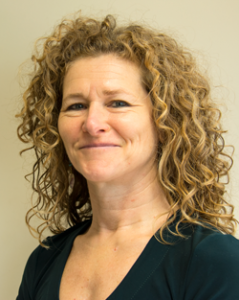5 bonnes nouvelles à Ottawa pour le mieux-être des gars qui aiment les gars
20 mars 2017 Par Author • Par CATIEÀ Ottawa, les gars gais, bisexuels, bispirituels, queer et d’autres gars qui aiment gars, que nous soyons cis ou trans (GBT2Q), avons de quoi être fiers. Ce sont des membres de nos communautés qui ont fondé MAX, le premier organisme avec un mandat de santé globale GBT2Q de l’Ontario (et le troisième au Canada). Cet hiver et ce printemps, voici cinq autres bonnes nouvelles pour le bien-être de nos communautés :






